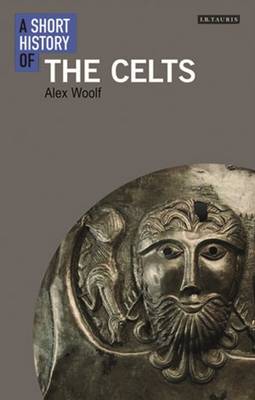The image of the visionary Celt has captured the modern imagination. Whether it be the woad-painted pagan warrior fighting for his freedom against distant rulers (be they Roman, English or French), or the fanatical druid harrying Roman legionaries through the treacherous and mist-drenched forests of north Wales, the Celtic idea represents a proud and fierce independence. Yet there is another sort of Celtism: represented by the calligraphy and austere spirituality of the monks who illuminated the Book of Kells, or by that distinctive separateness characterizing the so-called 'Celtic fringe' of Britain (host to still-living Celtic languages). But as Alex Woolf shows, even these contemporary associations do the Celts less than justice. Northern and western Britain are merely the last redoubts of what was once a mighty and far-flung iron-age civilization, whose settlements extended from Anatolia and the lower Danube to Ireland and Spain. Alex Woolf looks at Celtic culture in its entirety, concentrating especially on the unifying Celtic language. He traces the Celts' development from their beginnings to their seventh-century nadir, when they ceased to be a single community.Encompassing Celtic religion, Romano-Celtic conflict and cohabitation, late antiquity, Celtic Christianity, Celtic art and the contested notion of a 'Celtic heritage', the author offers a fresh and illuminating history of the Celts and their legacy.
- ISBN13 9781848857940
- Publish Date 30 March 2020
- Publish Status Active
- Out of Print 4 March 2021
- Publish Country GB
- Publisher Bloomsbury Publishing PLC
- Imprint I.B. Tauris
- Format Hardcover
- Pages 256
- Language English
